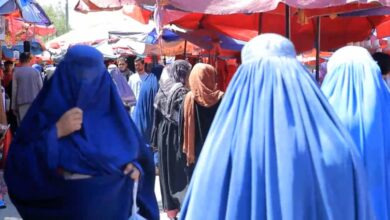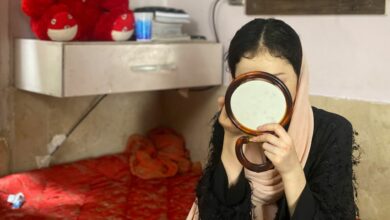A report by the Information and Decision Support Center of the Egyptian cabinet suggests that the status of women in society has improved in some fields, with 40 percent of senior administrative posts in the government filled with women. The number of women registered to vote has also increased significantly over the last 22 years.
The report, "Does the Egyptian Woman Play an Active Role in Political Life?", added that the percentage of women working in distinguished administrative posts hit 14.2 percent, and rose to 25.5 percent of the director general positions. The percentage of women working as diplomatic attaches rose to 29.3 percent as well.
Despite progress in these sectors, the number of female members of parliament has decreased from nine percent in the 1979-1984 parliamentary session, to two percent between 2005 and 2010, said the report. To address this issue, there have been suggested amendments to the People’s Assembly Law 38/1972, which allocates 64 parliamentary seats to women for two year sessions.
The percentage of ministerial portfolios headed by women stands at seven percent, the report noted, adding that the ratio of female voters in the last parliamentary elections was approximately 19 percent.
A poll conducted to gauge the support of the population for female judges found that whereas 36 percent of those polled supported the idea in 2006, only 32 percent were supportive in 2009.
There is progress in legislation and issues related to women, said Nehad Abul Qumsan, head of the Egyptian Center for Women’s Rights; however, it has been slow and insufficient. She argued that Egypt is lagging behind the other Arab states, when compared to Tunisia, Morocco and Jordan.
Qumsan told Al-Masry Al-Youm that Egypt lacks the political will for change, as there has not been a single female governor in the country.
"Despite directives by President Mubarak to initiate changes in favor of women, the change has been met with reluctance from the [National Democratic Party], which is led by the president," she said.
Qumsan suggested the problem is that for some people, individual interests are seen as more important than the interests of the public. "We are still not convinced of the importance of the role of women in development," she said, stressing that the statistics revealed in the report do not bode well for the role of women in society.
Translated from the Arabic Edition.




